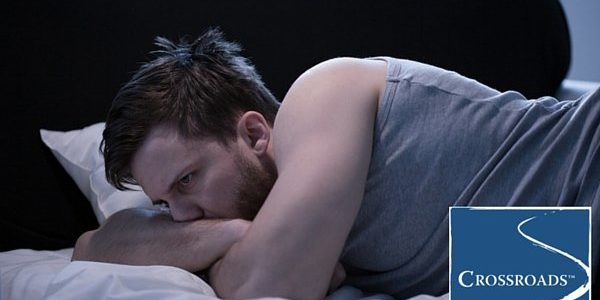A good night’s sleep is essential to your health but can be hard to come by if your mind is racing, you are stressed, your adrenaline is pumping, you have insomnia, or for many other reasons. As a result, some people turn to alcohol to help them relax and drift off. While this may seem like a quick fix, it can actually end up making your sleep worse, not better.
After you fall asleep, your body goes into a period of rapid eye movement or REM sleep. This is when the body repairs itself and energy is restored. However, after drinking alcohol, REM sleep is disrupted and therefore not as effective. You may fall asleep more quickly and deeply, but it does not last long. You may wake up more often later during the night or wake up in the morning still feeling exhausted.
Tips for a Better Night’s Sleep
There are plenty of other ways you can ease your body to sleep instead of reaching for a drink (or more) of alcohol. For instance:
- Make sure your room is cool, dark and free from distractions – put away the electronics.
- Consider decaffeinated herbal tea or warm milk before bed.
- Exercise during the day to relieve stress and pent up energy so your body is more relaxed and tired come nighttime.
- Unwind by reading a book, listening to calming music, taking a warm bath or journaling before you slip into bed.
- Practice deep breathing or progressive relaxation exercises.
If drinking is your go-to sleep aid or stress reliever, this can increase your risk of developing alcoholism. Crossroads can help you treatment your body of alcohol and learn more effective ways of coping with life’s challenges. There is help and support available, so reach out to Crossroads today and make a positive change in your life and health.
[cta] Leave a comment and share some strategies you’ve found helpful for falling asleep! [/cta]


















